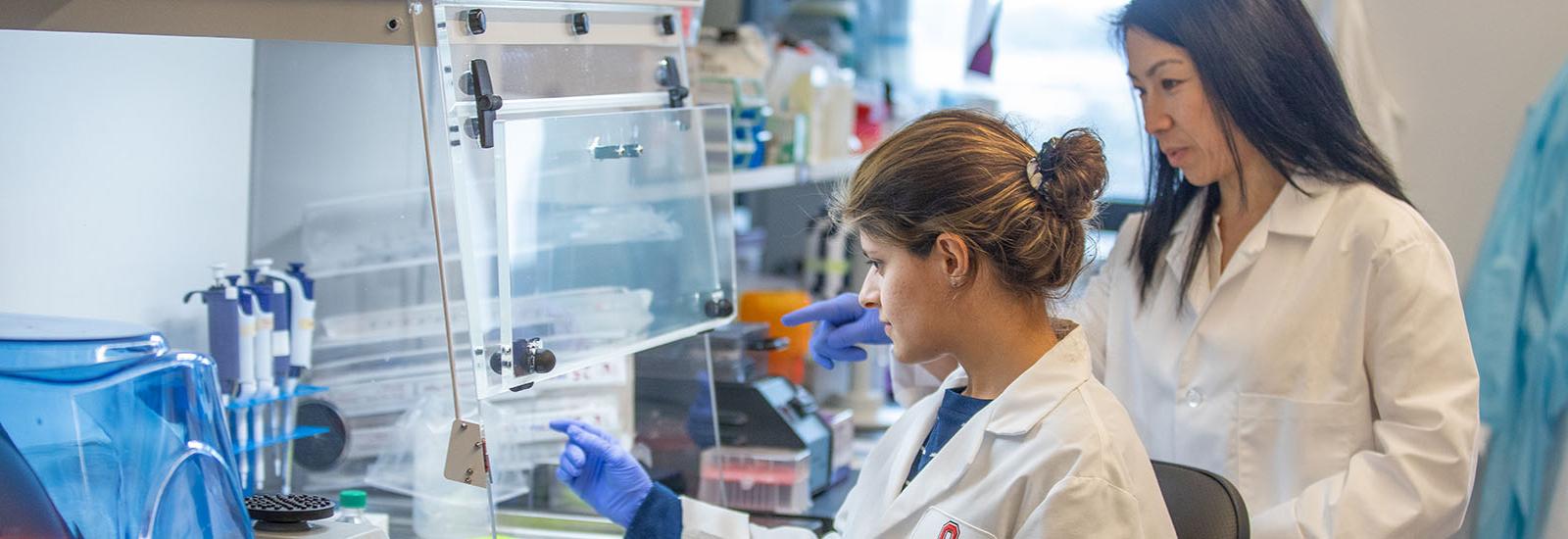Sharyn Baker, PharmD, PhD
Gertrude Parker Heer Chair in Cancer Research
Dr. Baker’s cancer-relevant research interests broadly cover translational and clinical pharmacology of anti-cancer agents. Recently, her laboratory has focused on the preclinical development of anti-cancer agents for the treatment of acute myeloid leukemia (AML), with an emphasis on tyrosine kinase inhibitor (TKI) drug combinations. Dr. Baker’s research interests include developmental therapeutics for AML, clinical pharmacology of tyrosine kinase inhibitors, variability in anti-cancer drug disposition and investigational anti-cancer drug development.
Other research areas:
Cancer,
The Division of Pharmaceutics & Pharmacology










